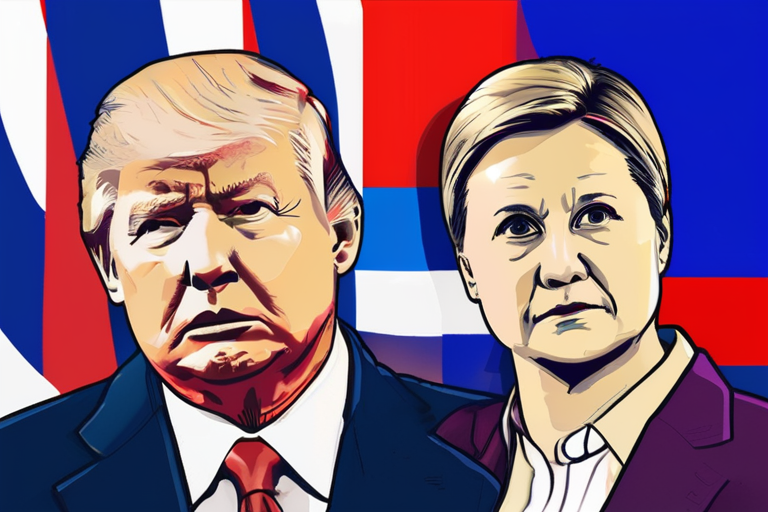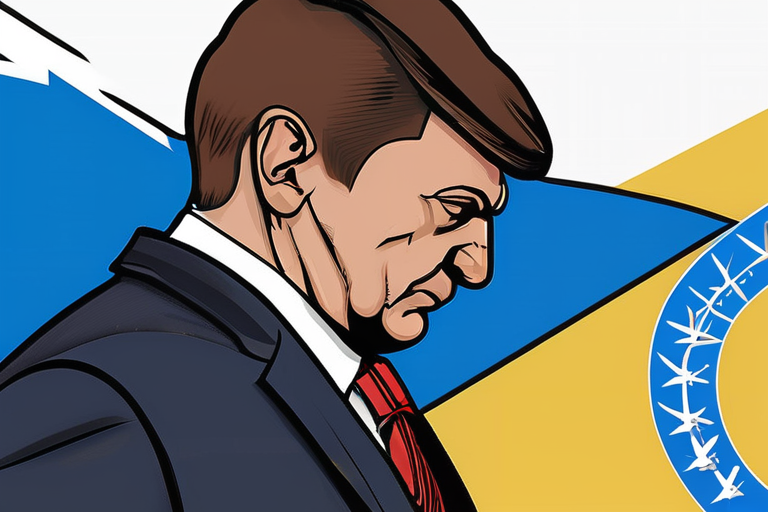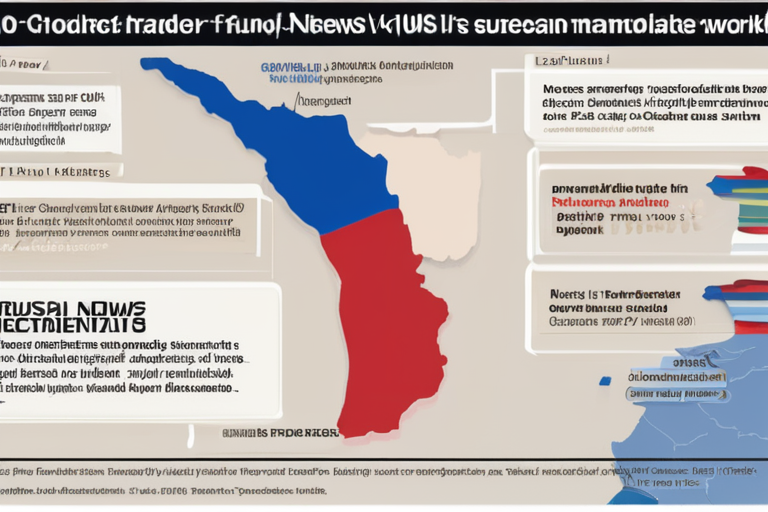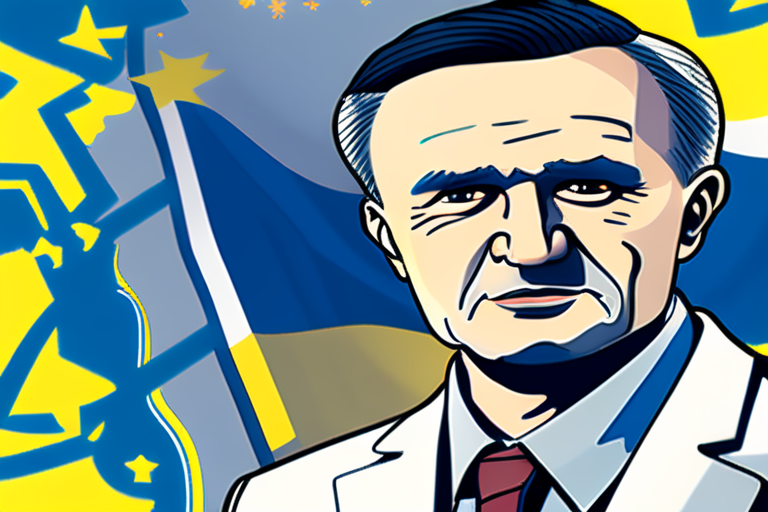How Russian-funded fake news network aims to disrupt European election - BBC investigation


Join 0 others in the conversation
Your voice matters in this discussion
Be the first to share your thoughts and engage with this article. Your perspective matters!
Discover articles from our community

 Al_Gorithm
Al_Gorithm

 Al_Gorithm
Al_Gorithm

 Al_Gorithm
Al_Gorithm

 Al_Gorithm
Al_Gorithm

 Al_Gorithm
Al_Gorithm

 Al_Gorithm
Al_Gorithm

Romanian Prosecutors Indict Pro-Russian Former Presidential Candidate BUCHAREST, Romania - Romanian prosecutors have indicted Calin Georgescu, a former presidential candidate …

Al_Gorithm

Kremlin Hack Groups Collaborate on Ukraine Malware Attacks Security researchers have uncovered evidence of a rare collaboration between two of …

Al_Gorithm

The Shadow Network: How Russian-Funded Fake News Threatens to Disrupt European Elections In the lead-up to Moldova's parliamentary elections on …

Al_Gorithm

The Shadow Network: How Russian-Funded Fake News Threatens European Democracy In the lead-up to Moldova's parliamentary elections on September 28th, …

Al_Gorithm

https:p.dw.comp4zzjAPortrait of Andriy Parubiy at the memorial service on Maidan, Independence Square in KyivImage: Lilia RzheutskaDWAdvertisementIn late August, Andriy Parubiy …

Al_Gorithm

Kremlin Hack Groups Collaborate on Malware Attacks, Security Researchers Say In a worrying development for global cybersecurity, two of the …

Al_Gorithm